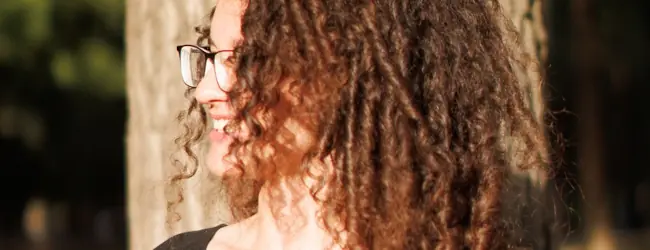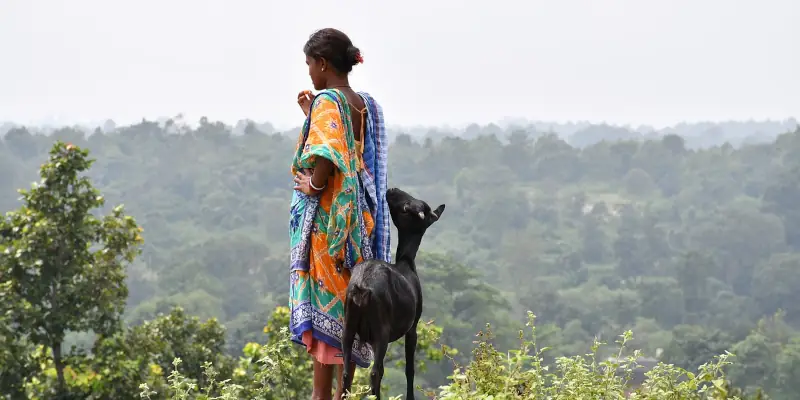In this blog, I have explained how to use our strange personalities. Today, I will talk about the original lifestyle of innovative, empathic people.
How to use our strange personalities
Sometimes, we want to know how to use our strange personalities.
We could have many odd natures, especially if we are creative and empathic. For example, we might not like socializing. We might want to keep away from society or crowds. We might prefer natural living and frugality. We might be good at predicting the movement of the masses. We might like wandering around new places or migrating to new places. In addition, we might want to contribute to society.
Those strange natures often confuse us because they look incoherent.
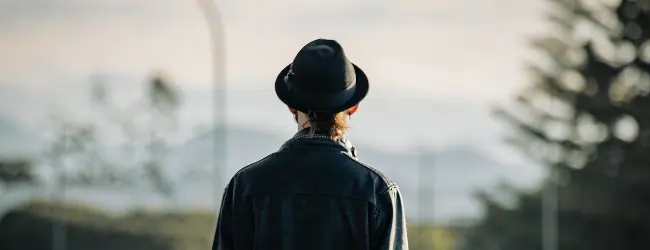
For example, we are not good at socializing, but at the same time, we want to contribute to society. We want to stay distant from society but are good at predicting mass movements. We want quiet and natural lives but like to feel excitement through experiencing new places or things.
They seem contradictory. That may be one of the reasons we want to know why we have such odd natures.
Today, I will introduce my imagination about the original lifestyle of innovative and empathic people. This might allow us to use our personalities efficiently.
The original lifestyle of innovative, empathic people
In my opinion, innovative and empathic people were originally people who provided another value to society by living on the opposite side of the group.
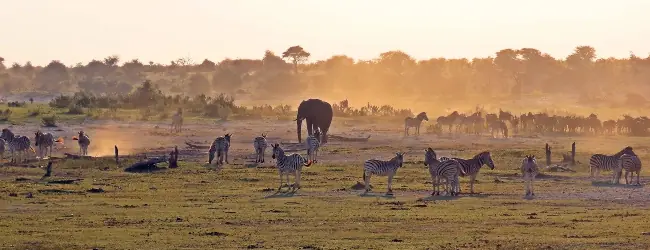
To explain its lifestyle, let’s imagine living in the hunter-gatherer era. After splitting humans from apes 5,000,000 years ago, people lived by hunting and gathering. By the way, people began agriculture about only 12,000 years ago. In other words, humans lived by hunting and gathering most of the time and adapted to that lifestyle.
In that hunter-gatherer era, people lived while migrating in small groups. They changed their living place seasonally or yearly, depending on the amount of prey or food collected. They lived in small groups. It was around 30 to 40 people, like a unit of a school classroom.
The contribution to the group
In that lifestyle, a few separated people who lived on “the opposite side” would have also contributed to the group because they could have provided rare items.
For example, assume that the group lived on the lakeside during the summer and moved to the mountainside during the winter. Suppose it was more efficient to live because there was more prey or food.
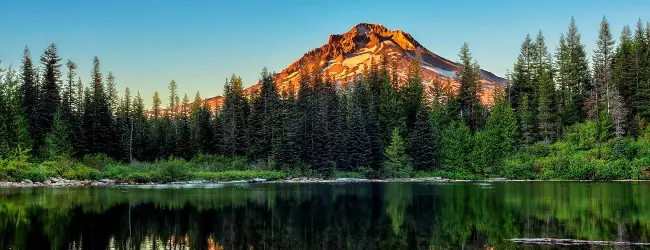
However, the opposite side could have other opportunities. There might have been animals with good-quality fur in the winter lake. There might have been nice woods to create tools in the summer mountains. Besides that, sometimes there might be emergencies in the group, such as not having enough prey and food after its migration.
In such cases, the few people who lived on the opposite side contributed to the group and prevented their extinction. Those few people provided precious resources that the group could not get. In addition, they accepted the group and told them how to live comfortably on the opposite side when the group could not get enough food.
Separating a small number of people on the other side was efficient for the group’s survival and creating wealth.
The lifestyle that our personalities work well
We can find that our personalities are ideal for that role.
We can live comfortably away from the group. Frugality keeps us alive, even if we have less social wealth. We like wandering around new places because we can find new valuable items. We naturally consider how to use them with our creativity. We can feel happy by providing them and contributing to society. In the group’s emergency, we accept the group and tell them how to live there.
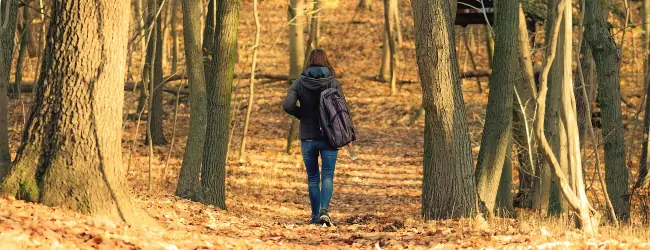
That lifestyle integrates our nature, which looks incoherent. Perhaps that was one of the lifestyles of our personalities.
Adapting it to modern society
That shows us a comfortable lifestyle, although we have to adapt it to a modern agricultural society.
We can live on the opposite side of society. Perhaps it would be a secluded life in the countryside. We live there frugally and explore to find new possibilities. We might feel that such a lifestyle is natural.

Investment would be one of the ways to realize that lifestyle. We invest in the opposite side, something with a low price and high value that society ignores. We are good at finding them.
Then, in a social emergency, we help those who flee to the countryside and tell them how to live there.
That might fulfill us and allow us to unleash our possibilities.
Conclusion
The above is my imagination about the original lifestyle of innovative and empathic people.
This might allow us to use our personalities efficiently.
Thank you for reading this article. I hope to see you in the next one.
